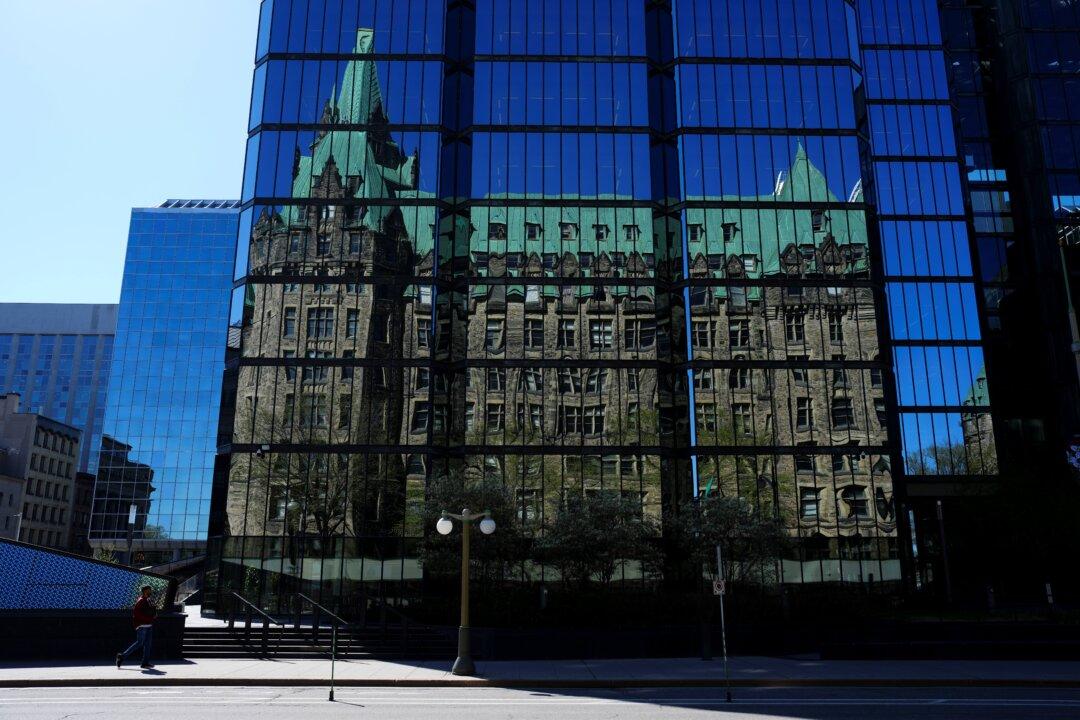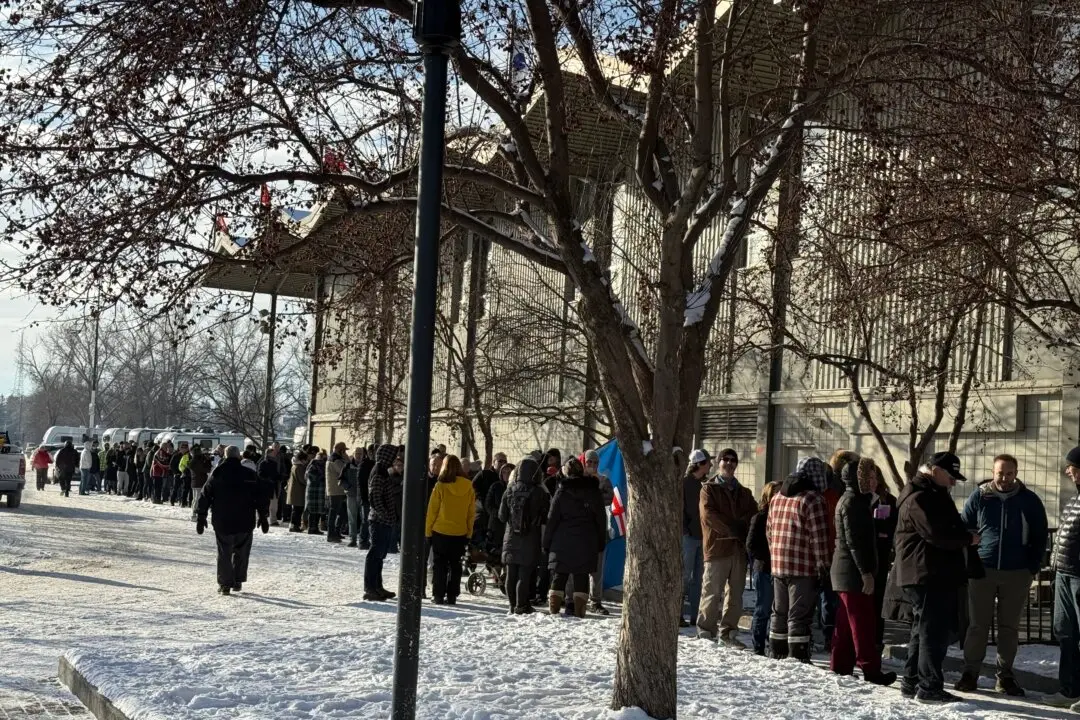Commentary
Bureaucracies and civil services have long been sacred cows in North America. Politicians pay lip service to finding inefficiencies and reducing the size of the government, but rarely make cuts for fear of a political backlash.
That may all be about to change as President-elect Donald Trump has appointed Elon Musk to head the new Department of Government Efficiency (DOGE), together with former Republican presidential candidate Vivek Ramaswamy. Trump isn’t showing any indication the department will be a token creation, as he referred to it as “The Manhattan Project of our time.” He plans to act swiftly with government reforms and the actions taken will impact public policy in Canada.
Elon Musk is a fascinating character. He has no need or interest in taking on the role of heading DOGE to increase his public profile, and he certainly isn’t in it for the money. It’s an unpaid position, and he isn’t short on funds. Musk wants to make real changes, and with the empowerment of the Trump administration, he has the means to do so. Republicans now control the presidency, the House of Representatives, the Senate, and the Supreme Court. The next mid-term elections could change that balance of power. Thus, Trump has set a deadline for planned reforms to be in force by the summer of 2026. They are going to move quickly, and sacred cows should begin sweating.
Government bureaucracies are notoriously rife with inefficiencies in every nation, and companies in the private sector can suffer from bloat and overstaffing when they grow too quickly. Elon Musk is more than familiar with this and knows how to deal with it. After purchasing Twitter (now X), he laid off 80 percent of its workforce. Critics were aghast and predicted doom would soon befall the social media platform after enduring such cuts. Aside from a few short-term hiccups, however, the social media platform is chugging along just fine. This indicates that 80 percent of the employees in the company weren’t doing much of value in the first place.
While it may seem that Musk approached Twitter with a virtual chainsaw, his cuts were more nuanced. Some employees and departments were essential and had they been cut, the platform could have been fatally disrupted. Time was taken to identify underperforming, redundant, and pointless departments before they were cut. Musk is now in the phase of identifying those departments in the U.S. government, and there’s surely plenty of waste to be found. The only question will be when the axe comes down. I suspect many bureaucrats are going to suddenly discover efficiencies in their departments as they try to protect their positions.
Musk won’t cut 80 percent of the government bureaucracy, but we can rest assured the cuts he recommends will be significant. Both Musk and Trump are disruptors, and there is no reason to think they won’t follow through on the mandate to downsize the government, even if it initially appears ham-fisted.
In Canada, policymakers will be watching the American reforms closely. The problem with oversized government is even more acute north of the border. In the USA, government expenditures make up 36 percent of the GDP. In Canada, government expenditures make up 44 percent of the GDP. Canada’s dollar, productivity, and GDP per capita have all been in free-fall when compared to the United States in the last decade. The civil service has grown by 43 percent since 2016, while services remain poor. The size of Canada’s government is unsustainable and it’s dragging the economy down with it. The only questions are about when the cuts will come and which prime minister will be the one to do it.
The current Liberal government is facing this reality, as they indicate that layoffs in the public sector are coming. Even if the statements are coming too little and too late, they do indicate that even the most stalwart supporters of big government realize they have gone too far.
Conservative Leader Pierre Poilievre hasn’t been vocal in calling for cuts, but he must be planning them. Should he be the one winning in the next election, he will likely observe Musk’s actions on reducing the size of the government, and should they be successful, try to emulate them in Canada.
When it comes to tough, disruptive policies, few politicians want to be the first ones to start the ball rolling. Trump isn’t like other politicians, nor is Musk. They plan to take a bite out of one of the largest governments on Earth, and they could set off a trend of fiscal austerity that impacts the policies of governments everywhere—including Canada. And it’s about time.





